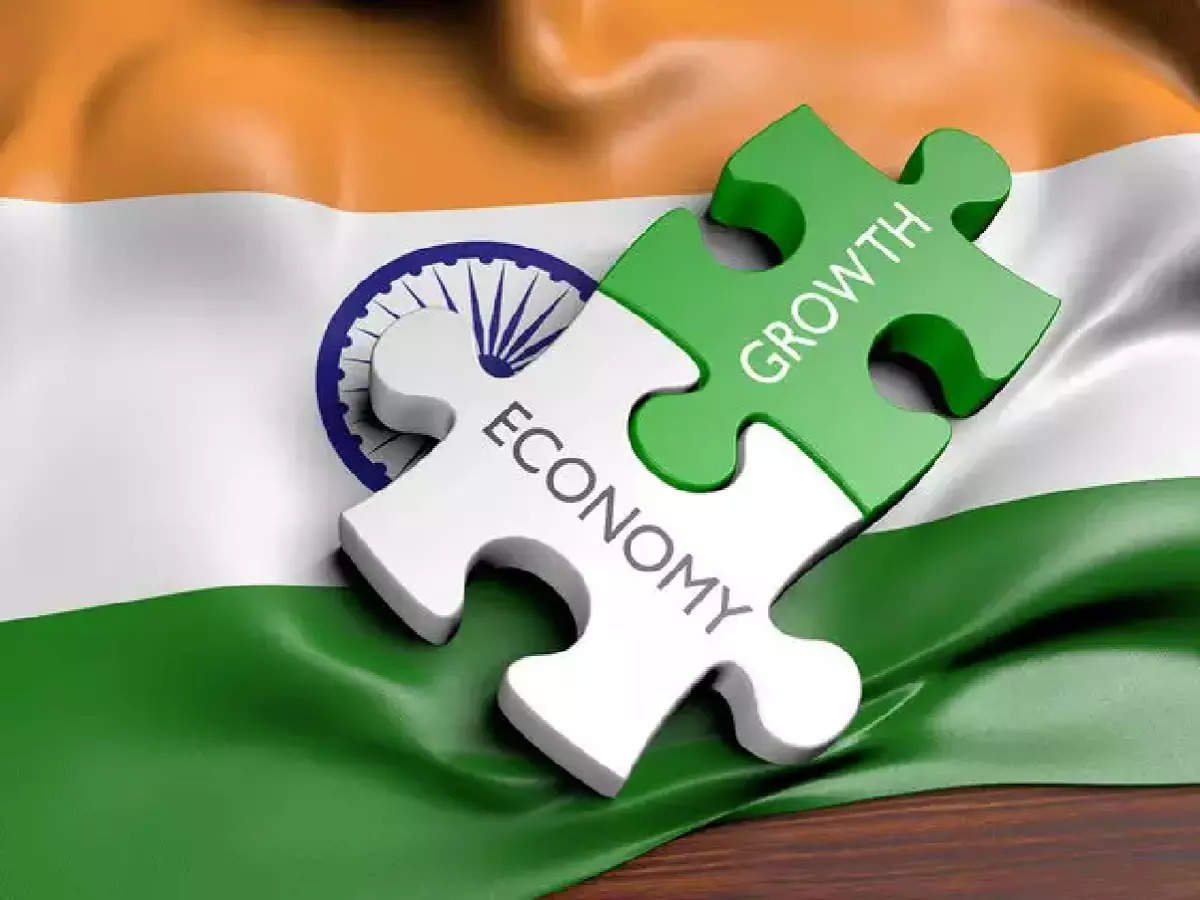
The Indian economy could face downside risks amid slowing global growth, protracted geopolitical tensions and a possible upsurge in financial market volatility following new stress events in the global financial system, the RBI said.
RBI highlighted the subdued nature of private investment in India in an atmosphere of lingering uncertainty. “Inflation pressures and effects of fragmentation on world trade may be lowering aggregate consumption demand, a slow-moving drag on growth,” it warned.
The Indian economy witnessed a moderation in growth in the second half of the fiscal. The RBI has attributed this to unfavourable base effects, weakening private consumption demand caused by high inflation, a slowdown in export growth and sustained input cost pressures.
This uneven recovery in consumption could be in the sluggish growth in the price-sensitive entry-level cars as compared to the recovery in passenger cars. Rural demand too remained subdued, flagged by the continued lag in two-wheeler sales, 40 per cent of which caters to rural India.
Wage growth for agricultural and non-agricultural labourers remained subdued during FY23, averaging 5.8 per cent and 4.9 per cent, respectively.
RBI noted that rural demand, which was affected deeply by the second wave of the Covid-19 pandemic a year ago, recovered, even if at a slower pace in comparison to the urban economy. However, it said that the real rural wage growth virtually stagnated in FY23, despite a visible uptick in economic activity.
Job demand under the Mahatma Gandhi National Rural Employment Guarantee Scheme (MGNREGS) declined on an annual basis, but still prevailed above the pre-pandemic level in the previous fiscal. This indicates that the recovery, especially in the unorganised segment of the economy is not yet complete, RBI said.
The RBI expects the Indian economy to have recorded a growth of 7 per cent in real GDP in the previous fiscal amidst strong global headwinds. India has contributed more than 12 per cent to global growth on average during the last five years.
RBI opined that India's domestic economic activity does face challenges from external factors. “(However), resilient domestic macroeconomic and financial conditions, expected dividends from past reforms and new growth opportunities from global geo-economic shifts place India at an advantageous position,” it wrote.
"With a stable exchange rate and a normal monsoon -- unless an El Nino event strikes -- the inflation trajectory is expected to move down over 2023-24, with headline inflation edging down to 5.2 per cent from the average level of 6.7 per cent recorded last year," the report said.
Indian economy showed resilience, but recovery from Covid pandemic shock not complete: RBI report - The Economic Times
Read More

No comments:
Post a Comment